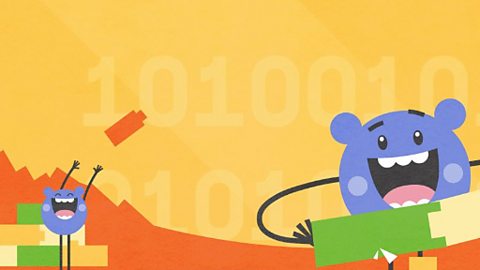Computers today
We use computers every day. They help us to do lots of different things.
We use lots of different types of computers, such as:
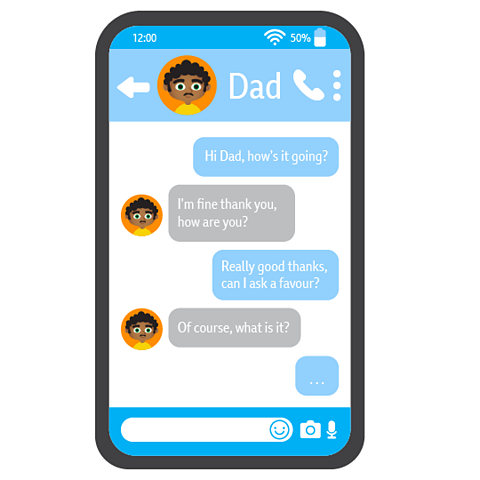
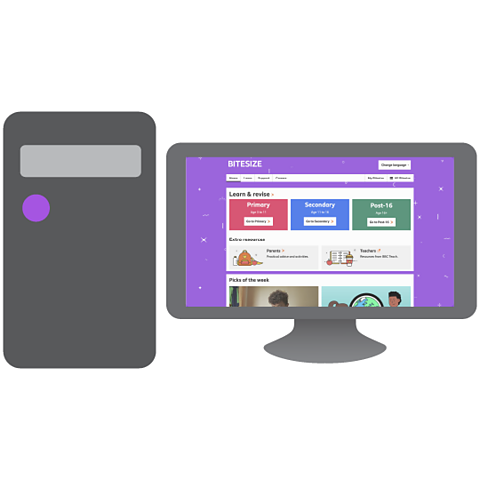
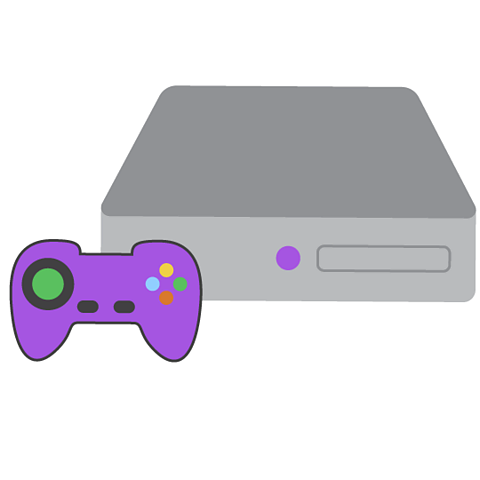
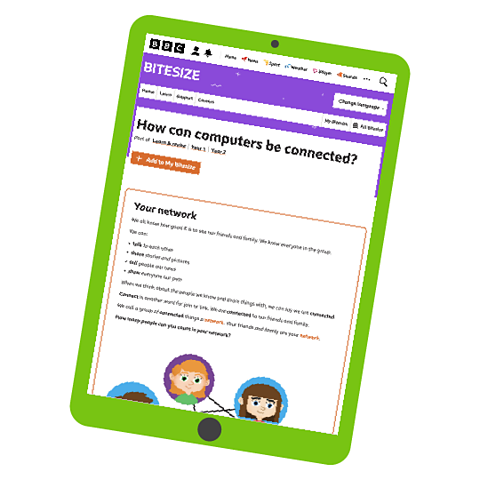
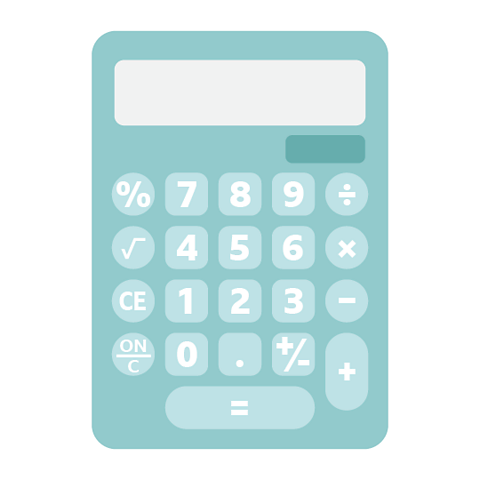
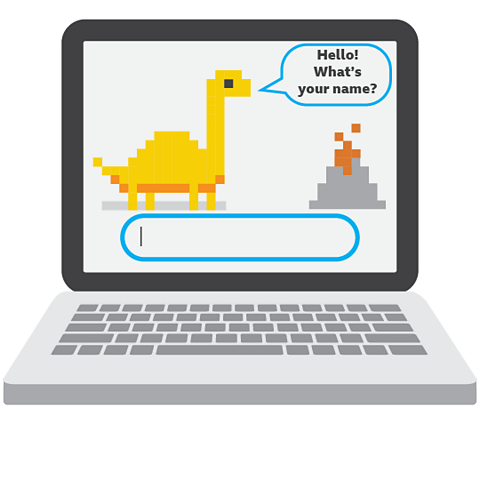
How many different things can you think of which you can do on a computer?
There are many different things you can do on a computer. Here are just a few examples:
- Play games
- Send an email
- Find out information
- Buy things from a shop
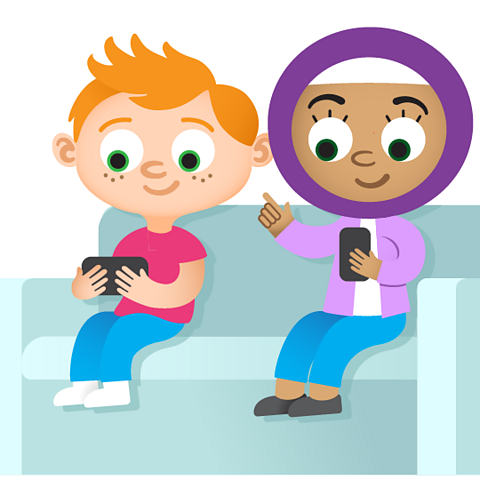
Watch: How computers have changed
Early computers were very different from today's computers.
Learn more about how computers have changed over time.
NARRATION: How computers have changed.
We're all used to small, powerful and very fast computers, but it hasn't always been this way.
The story of computers started a long, long time ago.
The first mechanical calculator was built by Charles Babbage. He worked together with Ada Lovelace, who was the world's first computer programmer.
Many years later, Alan Turing invented a new way for computer programmes to work. His ideas changed how all programmes are made. During World War Two, he helped make a machine that could understand secret, coded enemy messages.
All computer programmes we use now, are based on Alan Turing's ideas about algorithms.
In the 1960s, computers started being used to control spaceships.
For many years, only big companies had computers. But over time, computers have become common in the household. In the 1990s, the internet became available in our homes.
Today, computers are everywhere. In your home, out and about and in your hand. And it's exciting to know that today, smartphones are much more powerful than the computers that controlled spaceships in the 1960s.
Computer creators
Let's meet three important people that helped develop how computers are used.
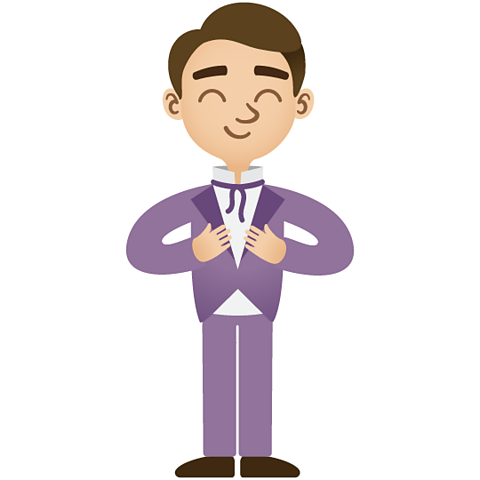
Charles Babbage
Charles Babbage was a British mathematician and inventor.
In 1833, he designed the Analytical Engine. If it had been built, it would have been the very first computer!
Fascinating Fact: The Analytical Engine was designed to do calculations with different sets of numbers and was powered by steam!

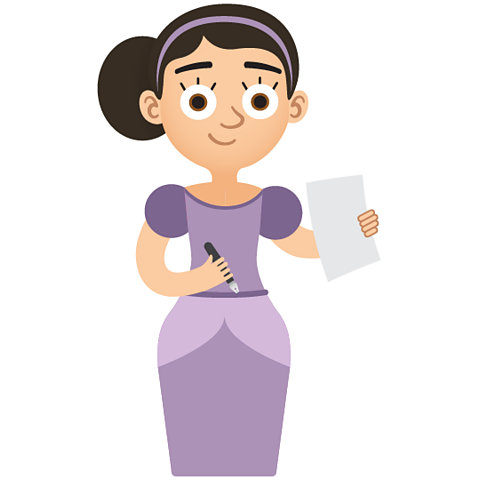
Ada Lovelace
Ada Lovelace was another British mathematician, who loved solving puzzles.
She studied the plans Charles Babbage had made for the Analytical Engine and made notes on how it could be used.
These notes were the first computer program.
Fascinating Fact: A programming language was invented in the 1990s called Ada, after Ada Lovelace.
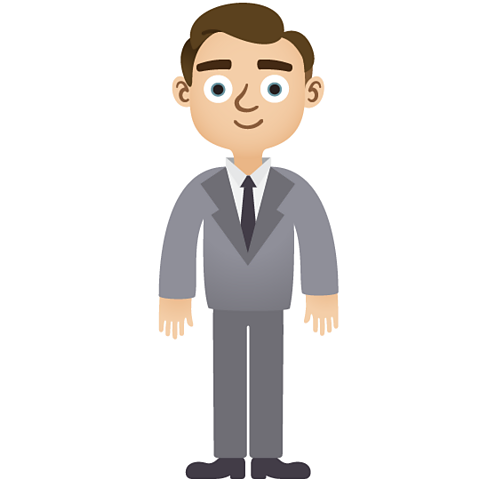
Alan Turing
Alan Turing was a British mathematician who worked with a team of people during World War Two.
He created a machine that could read secret coded messages and helped save many lives!
Fascinating fact: Alan Turing's face is on the English ВЈ50 note.

Early computers
The first computers built were big enough to fill a room. They could only do one thing - use numbers to solve calculations.
When computers were first used, they were big and heavy. This meant they couldn't easily be moved to different places.


Computers we use today
Computers used today are a lot smaller. They can also do lots of different things at once.
Today we can use portable computers that we can easily move from one place to another - such as laptops, tablets and smartphones.
These portable computers have a battery, so they can be used in lots of different places. You may have seen someone using a computer in a cafГ©, on a train journey or even on the beach!

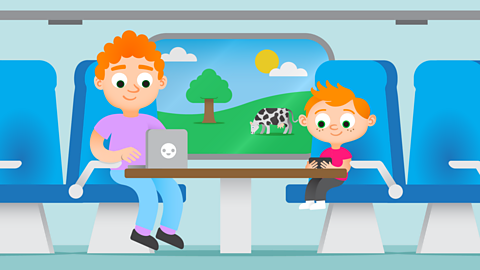
Glossary
Here are the meanings of some important words.
Computer - A device that can follow instructions stored in its memory.
Digital device - A machine that has a computer inside.
Activities
Play Bitesize Primary games. game
Fun and educational primary games in science, maths, English, history, geography, art and design, computing and modern languages.

More on Computing science
Find out more by working through a topic
- count7 of 9
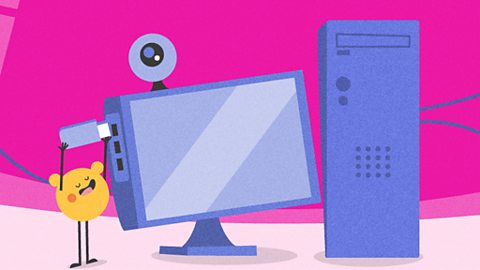
- count8 of 9
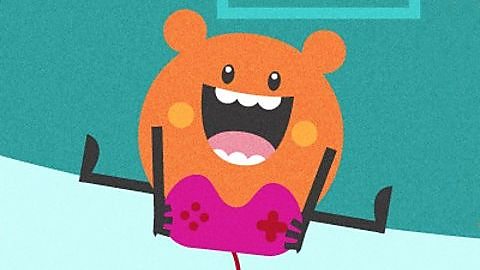
- count9 of 9
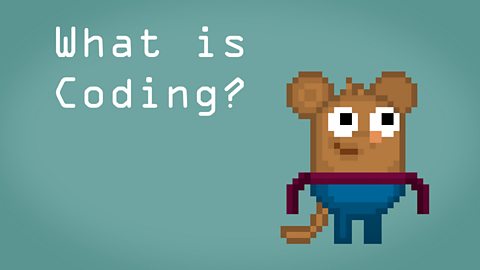
- count1 of 9
